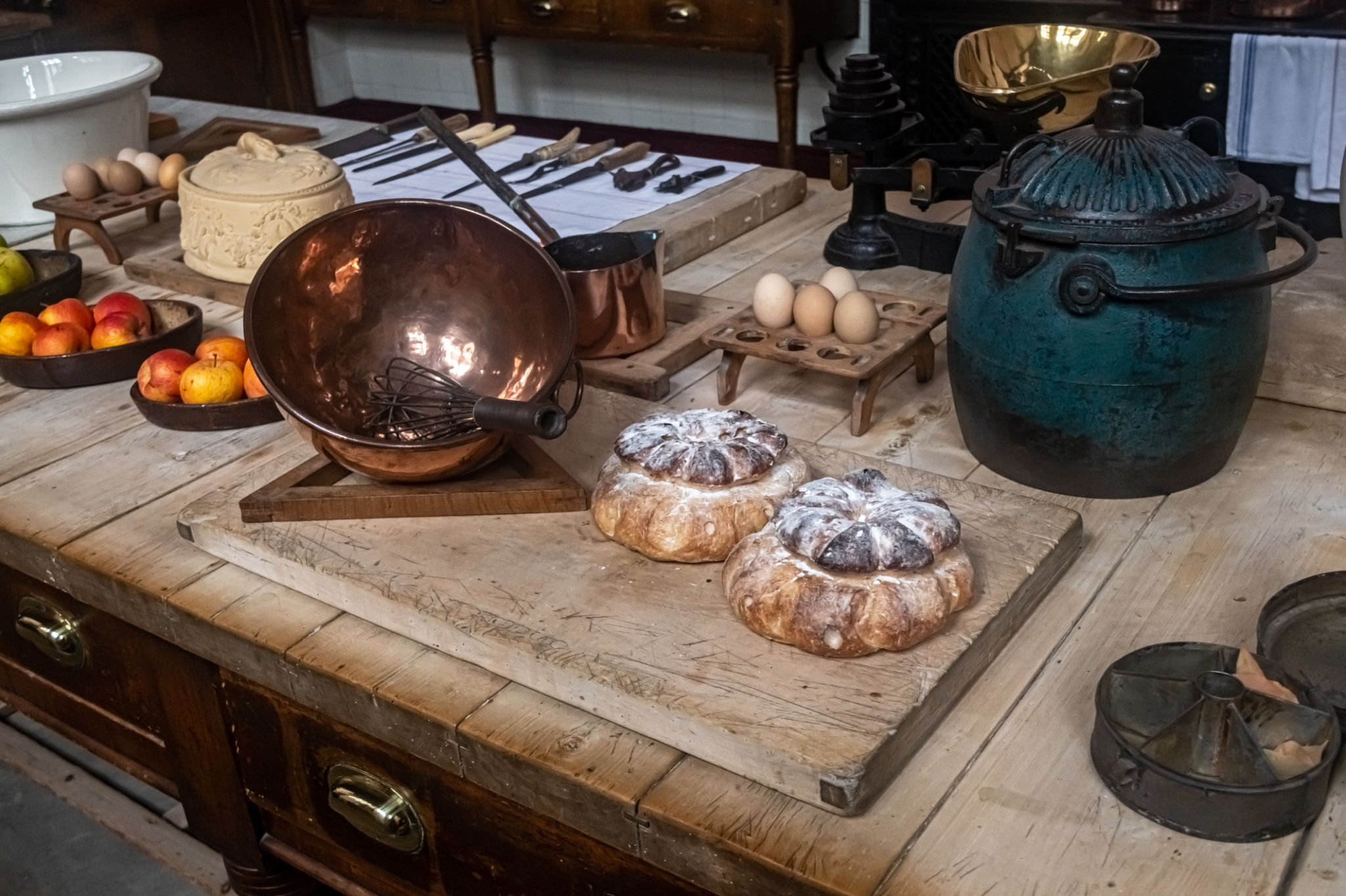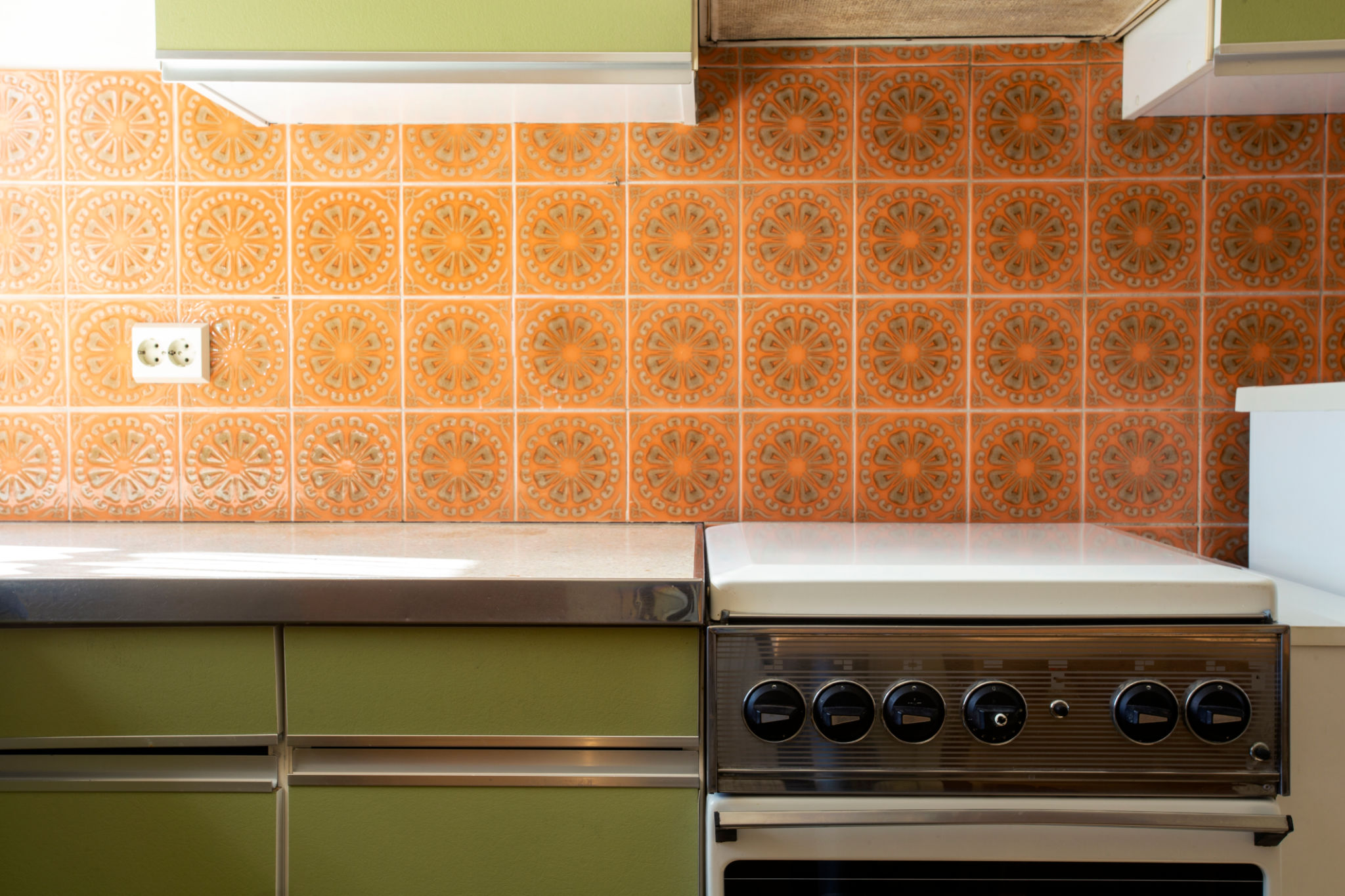Iconic Cooking Eras: A Look at How Culture Shaped Our Kitchens
The Victorian Era: A Fusion of Tradition and Innovation
The Victorian era, spanning from 1837 to 1901, was a period marked by significant social and technological change. In the kitchen, this era witnessed the birth of the modern cooking range and the introduction of gas lighting, transforming how meals were prepared. The influence of the Industrial Revolution brought about new cooking appliances and tools that made food preparation faster and more efficient.
Victorian kitchens were often large and bustling, with a clear separation between the working areas and the dining spaces. The era emphasized elaborate meals with multiple courses, showcasing both wealth and hospitality. The introduction of cookbooks like Mrs. Beeton's "Book of Household Management" further influenced cooking practices, providing structured guidance on managing a household.

Culinary Advancements in the Jazz Age
The 1920s, often referred to as the Jazz Age, brought a sense of liberation and innovation to the culinary world. This decade saw the rise of electric appliances, simplifying many kitchen tasks and allowing for more creative culinary experimentation. The refrigerator became a staple, changing how food was preserved and consumed.
Social changes during this time also influenced cooking styles. Women began to spend less time in the kitchen as more entered the workforce, leading to the popularity of convenience foods. The era also saw the introduction of packaged foods and ready-to-eat meals, aligning with the fast-paced lifestyle of the Roaring Twenties.
Mid-Century Modern: The Post-War Kitchen Revolution
Post-World War II America ushered in a new era of prosperity and technological advancement, significantly impacting kitchen design and functionality. The 1950s kitchen was characterized by bold colors, sleek lines, and innovative appliances like dishwashers and microwave ovens that promised convenience and efficiency.

This era also marked a shift towards open-plan kitchens, integrating cooking spaces with dining and living areas. Television's growing influence introduced cooking shows that inspired home cooks to try new recipes and techniques, further diversifying American cuisine.
The Health-Conscious Movement of the 1970s
In the 1970s, there was a significant cultural shift towards health-conscious eating. Influenced by a growing awareness of nutrition and environmental sustainability, this era saw an increased interest in organic foods and vegetarianism. Home gardens and farmers' markets became popular as people sought fresh, local produce.
The kitchen reflected these changes with a focus on natural materials and earthy tones. Cooking became more experimental, with an emphasis on whole grains, fruits, and vegetables. This period laid the groundwork for the farm-to-table movement that would gain momentum in later decades.

The Digital Age: Smart Kitchens for Modern Lifestyles
Today, technology continues to reshape our kitchens in unprecedented ways. The advent of smart appliances allows for remote control of ovens, refrigerators, and other devices via smartphones, making meal preparation more convenient than ever before. This connectivity is part of the broader "Internet of Things" movement that is transforming domestic spaces into integrated smart homes.
Moreover, modern kitchens are designed to accommodate diverse dietary preferences and culinary interests. With access to global cuisines through online platforms and social media, home cooks can easily explore new recipes and cooking techniques. The digital age has democratized culinary knowledge, making it accessible to anyone with an internet connection.
- Smart ovens with remote operation
- Refrigerators with inventory tracking
- Voice-activated cooking assistants
As we look to the future, it is clear that our kitchens will continue to evolve alongside cultural shifts and technological advancements. From Victorian opulence to digital innovation, each era leaves an indelible mark on how we cook and eat. Understanding these changes offers valuable insights into our culinary heritage and where we might be headed next.